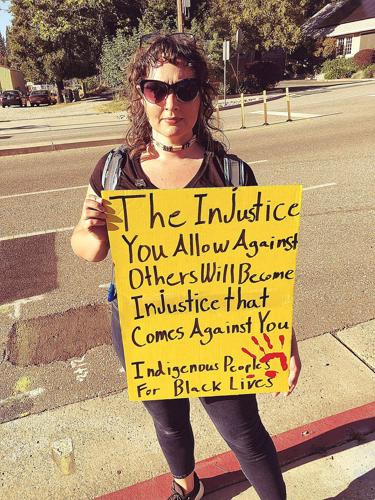Texas has long been a battleground for political and social issues, often making headlines for its unique blend of controversy and progress. Recently, the state has once again found itself at the center of national attention as one of its judges faces a significant backlash. This incident highlights the ongoing struggles with racial injustice and the challenges faced by those in positions of authority who seek to uphold justice and fairness.
In this article, we delve into the complexities surrounding the recent controversy involving a Texas judge who has encountered racist backlash. By examining the events leading up to this situation, the reactions from various stakeholders, and the broader implications for the justice system, we aim to provide a comprehensive understanding of the issue. Let's explore how these events are unfolding and what they mean for the future of judicial integrity in Texas.
Controversy Erupts: Judge Angela Tucker's Decision
Judge Angela Tucker, a Collin County District Judge, recently lowered the bond in a teen's self-defense case, sparking widespread debate and criticism. The decision was met with a barrage of racist attacks and death threats, underscoring the deep-seated racial tensions that persist within the legal system. Critics argue that her ruling undermines public safety, while supporters maintain that it reflects a necessary shift towards fairer judicial practices.
This incident has reignited discussions about the role of race in judicial decisions and the pressures faced by minority judges. As a black female judge, Angela Tucker's actions have been scrutinized more intensely than those of her peers, highlighting the systemic biases that continue to plague the judiciary. The backlash against her underscores the need for greater diversity and inclusion within the legal profession.
The controversy surrounding Judge Tucker's decision also raises questions about the effectiveness of current measures to protect judges from harassment and threats. With rising incidents of intimidation against members of the judiciary, there is a growing call for enhanced security protocols and support systems to ensure that judges can perform their duties without fear of retribution.
Racial Dynamics in Judicial Decisions
Historically, the intersection of race and the justice system has been fraught with tension and inequality. The recent backlash against Judge Angela Tucker serves as a stark reminder of these enduring challenges. Her decision to lower the bond in a self-defense case has ignited debates about the influence of racial bias on judicial outcomes and the need for reform.
As the nation grapples with issues of racial justice, the experiences of judges like Angela Tucker highlight the importance of addressing systemic inequalities within the legal framework. It is crucial to recognize the impact of racial dynamics on judicial decisions and work towards creating a more equitable system that values diversity and inclusivity.
Efforts to combat racism in the judiciary must involve not only policy changes but also a cultural shift that promotes understanding and respect for all individuals involved in the legal process. By fostering an environment where judges can make impartial decisions without fear of retaliation, we can move closer to achieving true justice for all.
Community Reactions and National Implications
The backlash against Judge Angela Tucker has sparked a wave of reactions from communities across Texas and beyond. Local leaders and activists have rallied in support of her decision, emphasizing the need for compassion and fairness in the justice system. Meanwhile, national figures have weighed in on the controversy, adding fuel to the already heated debate.
This incident has also drawn attention to similar cases where judges face undue pressure due to their race or gender. It highlights the broader implications for the judiciary and the potential consequences of failing to address these issues effectively. As society continues to evolve, so too must our institutions to reflect the values of equality and justice.
In conclusion, the controversy surrounding Judge Angela Tucker's decision serves as a powerful reminder of the challenges faced by minority judges and the urgent need for reform in the judicial system. By engaging in open dialogue and taking concrete steps to address these issues, we can work towards a future where justice is truly blind and accessible to all, regardless of race or background.

